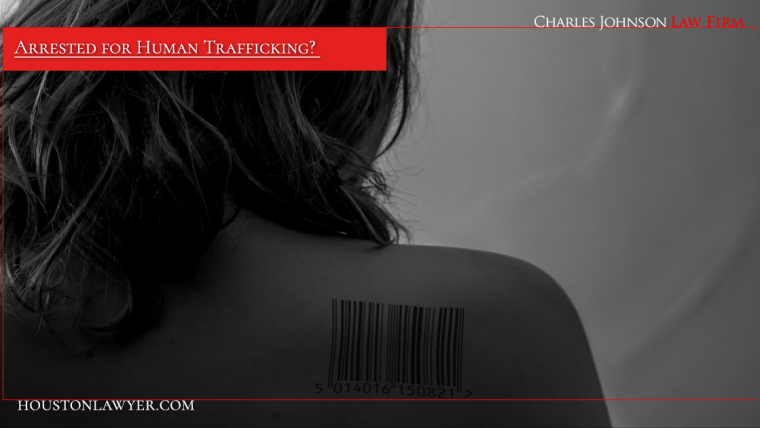A person who has been stopped by the police may be ticketed for a “civil infraction,” may be ticketed or arrested for a “petty offense” or “misdemeanor,” or may be arrested for a “felony,” or may be released. It is possible for the person to later be charged, when the police complete their investigation.
Sometimes, the person will be informed that charges have been filed, and will be asked to present himself at the police station by a particular date and time.
At other times, a “warrant” for the person’s arrest may be entered into the state’s computer system, informing police officers to arrest the person if they find him. If the charges are serious, the police may go out to arrest the person.
Civil Infractions |
| A “civil infraction” is not a crime, although it is a charge filed by the state. The state has to prove that you committed a civil infraction by a “preponderance of the evidence,” which is to say; that it is more likely than not that you committed the violation. This is a much lower standard than the “proof beyond a reasonable doubt” standard that applies in civil cases. The typical civil infraction is decided by a judge or magistrate, without a jury, in what is typically a short proceeding. |
Petty Offenses |
| Some states have a class of “petty offenses,” where the defendant may be tried without a jury before a judge or magistrate. Typically, the only punishment for a “petty offense” is a fine. However, these offenses may be of a criminal nature. If you are not sure whether you are charged with a criminal offense or a civil infraction, consult a lawyer. |
Misdemeanors |
| A “misdemeanor” is a criminal offense, and conviction ordinarily results in a criminal record. Misdemeanors are technically less serious offenses, although the consequences of conviction can nonetheless be quite severe. Possible punishments for misdemeanors include imprisonment, probation, fines, and at times driver’s license sanctions. Some misdemeanors are classified as “sex crimes” and require that a convicted person be registered as a “sex offender”, and keep the police informed of his place of residence — a requirement that may continue for life. |
Felonies |
| Felonies are the most serious offenses that can be charged. Sometimes, the distinction between “felonies” and “misdemeanors” seems arbitrary. However, all of the most serious criminal offenses (such as murder, sexual assault, embezzlement, burglary, robbery, arson, and treason) are felonies. |
If you or someone in your family has been arrested, you probably aren’t sure where to turn or what to do next. While the arrest itself is a daunting situation, you can do several things right away to gain information and control. A positive first step is to contact the Charles Johnson Law Firm. Attorney Johnson will guide you through the complicated maze of the justice system.
